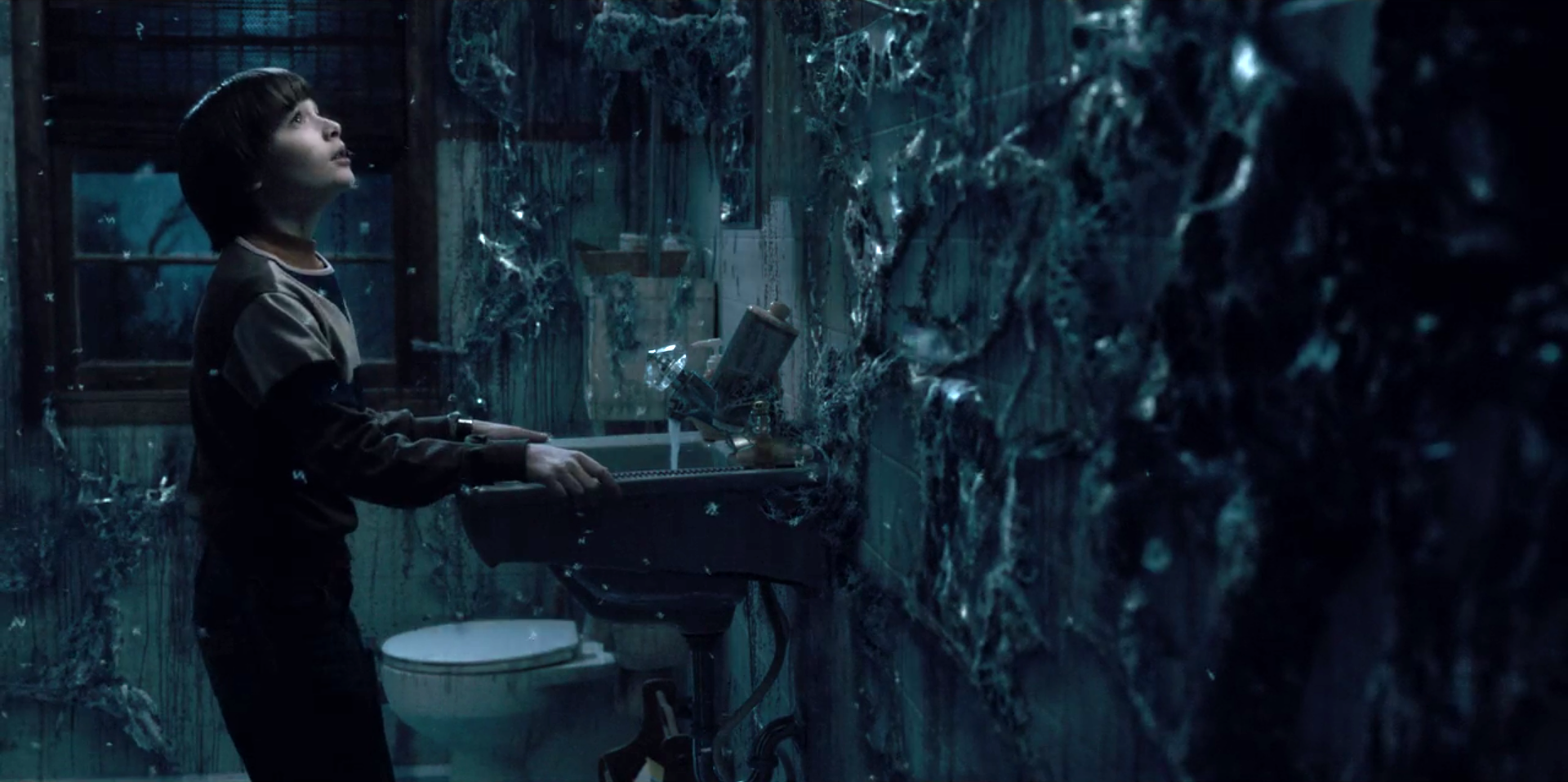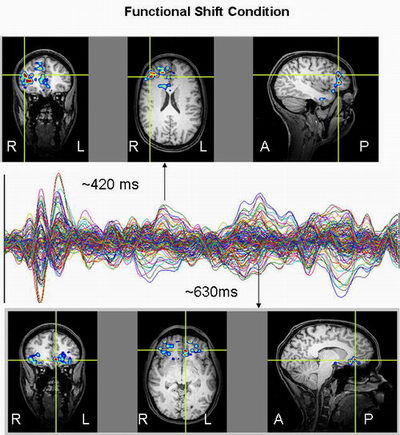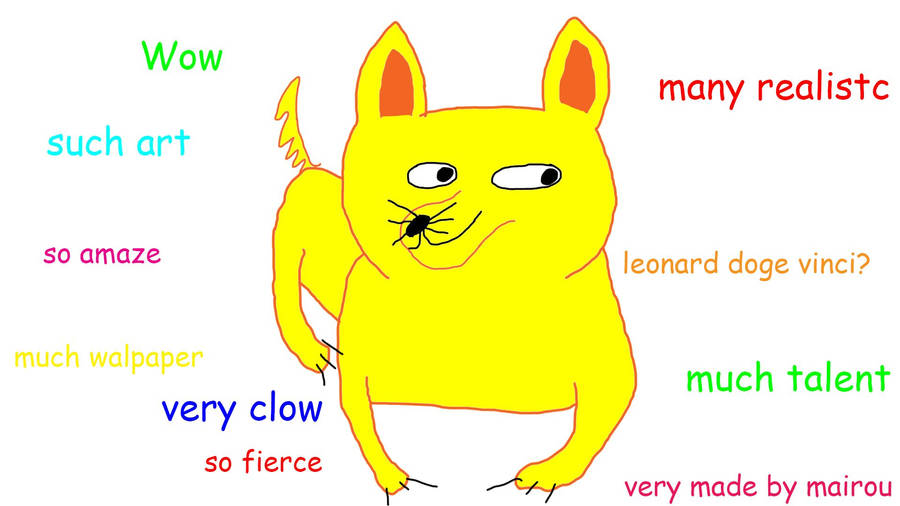This is the first line item I don't feel like we have a proper contingency for or understand exactly how we would handle it.
It seems important to address not just due to FERPA but to contracts/collaborations like that we have with eLife:
What if eLife decides to drop h. Would we, could we delete all data/content related to their work with h? Even outside of contract termination, would we/could we transfer all their data back to them?
The problems for our current relationship with schools is that we don't have institutional accounts whereby we might at least technically be able to collect all related data.
Students could be signing up for h with personal email addresses.
They could be using their h account outside of school so that their data isn't fully in the purview of the school.
Question: if AISD starts using h on a big scale, 1) would we delete all AISD related data if they asked--say everything related to a certain email domain? 2) would we share all that data with them if they asked?











